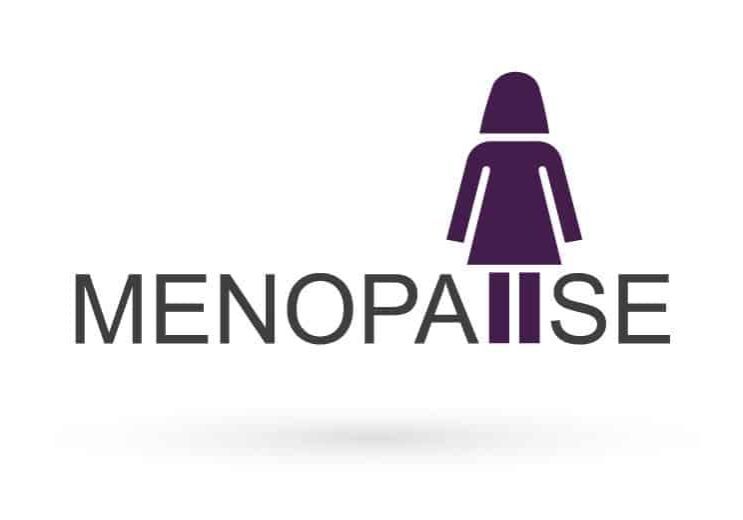Changing Attitudes: Menopause and Wellness at Work

Menopause and its impact on women’s daily lives is receiving a lot more attention these days.
With prominent journalists, including TV presenter Mariella Frostrup and BBC Breakfast’s Louise Minchin recently sharing their menopause journeys with viewers, there is now greater openness and understanding of what was once a taboo subject.
And, with women in their 50s and 60s now making up more than a quarter of the UK workforce, employers need to educate themselves on how they can help female workers best manage this stage in their lives.
While you’ve probably heard all about hot flushes, there are many more menopausal symptoms you might not be so familiar with, including lack of concentration, low mood and disturbed sleep.
Feeling tired, irritable and uncomfortably warm can affect people psychologically as well as physically, lowering their self-esteem and self-confidence.
So, although menopause is a normal part of growing older and not an illness, it can often make workers feel unwell and less able to do their jobs.
Small adjustments all help, such as investing in desk top fans and providing easy access to chilled water and rest areas. If your organisation has a uniform or other corporate workwear, try if possible, to opt for clothing made from cool, breathable fabrics.
Allow staff suffering from lack of sleep to try flexible working, and encourage menopausal workers struggling with symptoms to see their GP. Some people are reluctant to talk about their health issues at work, but if the menopause is making their job difficult, as their employer you need to know.
It’s also good practice to have a workplace policy which will further everyone’s understanding of the menopause and its effects. That way all your staff, regardless of age or gender will know what to expect and be better able to make allowances for colleagues battling menopausal symptoms.
Menopause is covered by the Equality Act 2010 which protects against discrimination on the grounds of age, sex or race.
At HR:4UK we strongly believe in offering a healthy working environment, and in line with this, we recently invited essential oil educator and complementary therapist Heather Goram to run a wellness workshop for us.
During the day all members of our team chose from a menu of 20 minute relaxing treatments, including reflexology and hand, head, back and shoulder massages, all done using doTERRA essential oils.
Everyone thoroughly enjoyed the session, including our business development director Paul Martin who had a soothing head and neck massage to help alleviate a snowboarding injury.
All the oils Heather uses have different healing properties, with cooling peppermint being particularly effective in easing menopause symptoms.
We’ve since recommended the treatments to our business contacts, some of whom are keen to host a similar wellness day in their own workplaces.
And, with regard to the menopause, we’ve noticed that more employers are changing their attitude to what was once referred to in hushed tones as “the change.”
This prevailing spirit of openness is removing the stigma and embarrassment older women used to feel and making what can be a very trying time in their lives that bit easier to manage.
Angela Clay
A qualified employment law solicitor and our managing director, Angela has unparalleled legal expertise and decades of experience and knowledge to draw from. She’s a passionate speaker and writer that loves to keep employers updated with upcoming changes to legislation, and is a regular guest speaker on BBC Leicester Radio.




